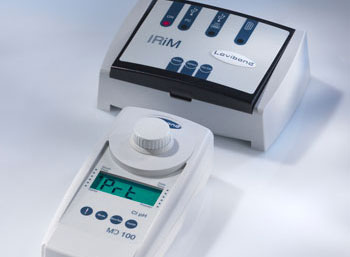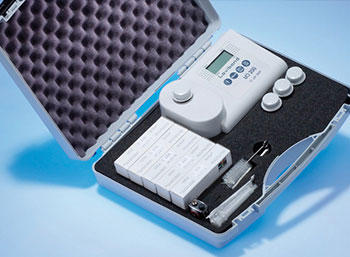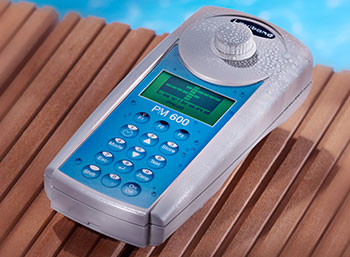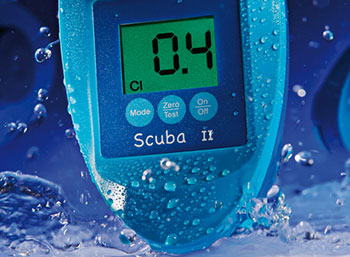Buying a Water Testing Kit? Don’t Make These 7 Mistakes
When it comes to ensuring the safety and quality of your water, purchasing a water testing kit is an essential step. Whether you’re testing drinking water, swimming pool water, or environmental water from natural sources, using a reliable and accurate water analysis kit can give you peace of mind. However, choosing the wrong kit or using it improperly can lead to inaccurate results, jeopardizing your water quality efforts.
At Waterlilly Australia, we’re dedicated to providing customers with high-quality water testing solutions, ensuring that you make informed decisions for the health and safety of your family, employees, or community. As experts in the field, we understand how critical it is to get water testing right. In this blog, we highlight seven common mistakes that people make when buying a water testing kit—and how to avoid them.
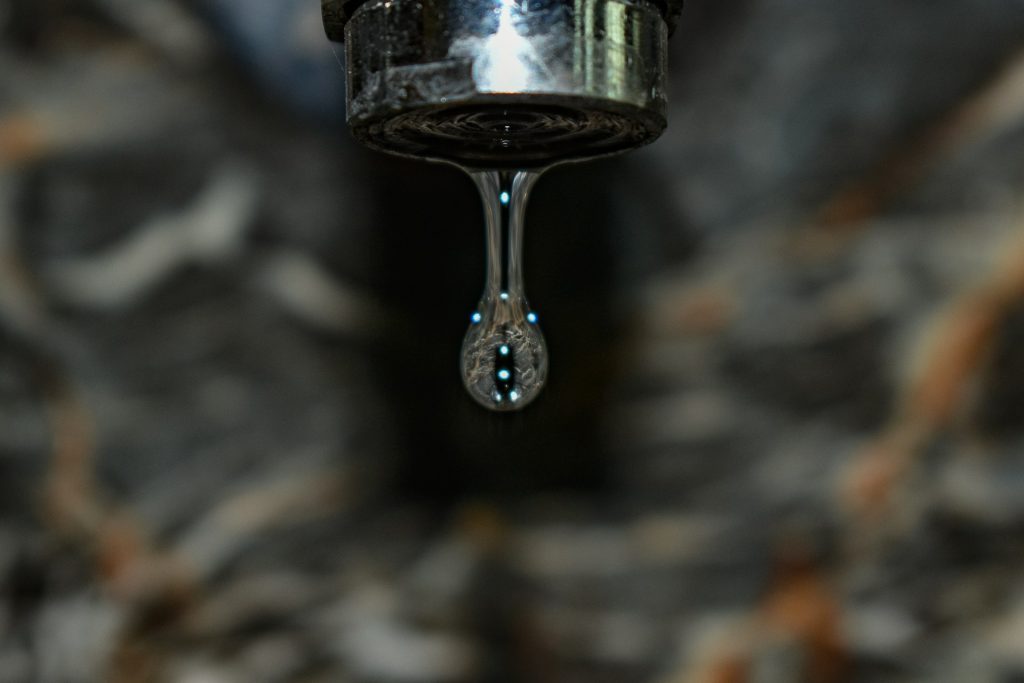
1. Choosing a Water Testing Kit with Limited Test Parameters
One of the most common mistakes is selecting a water testing kit that only covers a small number of parameters. While a basic kit might suffice for specific tasks, such as testing pH levels in a pool, it may not provide a comprehensive analysis of the water quality, which is crucial for identifying contaminants.
Solution: Always choose a water analysis kit that covers a broad range of parameters, such as pH, chlorine, hardness, bacteria, lead, and other harmful substances. A more detailed kit will give you a clearer picture of your water’s quality, helping you address potential issues effectively.
2. Overlooking Calibration and Accuracy of the Kit
Calibration is key to getting accurate results from your water testing kit. Many users fail to check whether their kit requires calibration, or they overlook the calibration process, leading to false readings. This can result in incorrect conclusions about your water’s safety.
Solution: Before using any water testing kit, ensure it’s properly calibrated according to the manufacturer’s instructions. High-quality water testing kits will often come with calibration solutions, which are essential for verifying the kit’s accuracy. This simple step can save you from making costly mistakes in your water quality assessment.
3. Not Considering the Type of Water You’re Testing
Different types of water—drinking, pool, well, or surface water—may require different kinds of water testing kits. Using a kit meant for pool water to test drinking water could give you misleading results, especially if the kit doesn’t account for specific contaminants commonly found in drinking water, such as heavy metals or bacteria.
Solution: Always choose a water testing kit tailored to the specific type of water you are testing. For instance, drinking water kits focus on contaminants like lead and chlorine, while pool water kits measure factors such as pH, chlorine, and alkalinity. Select the kit based on your needs to ensure accurate and relevant results.
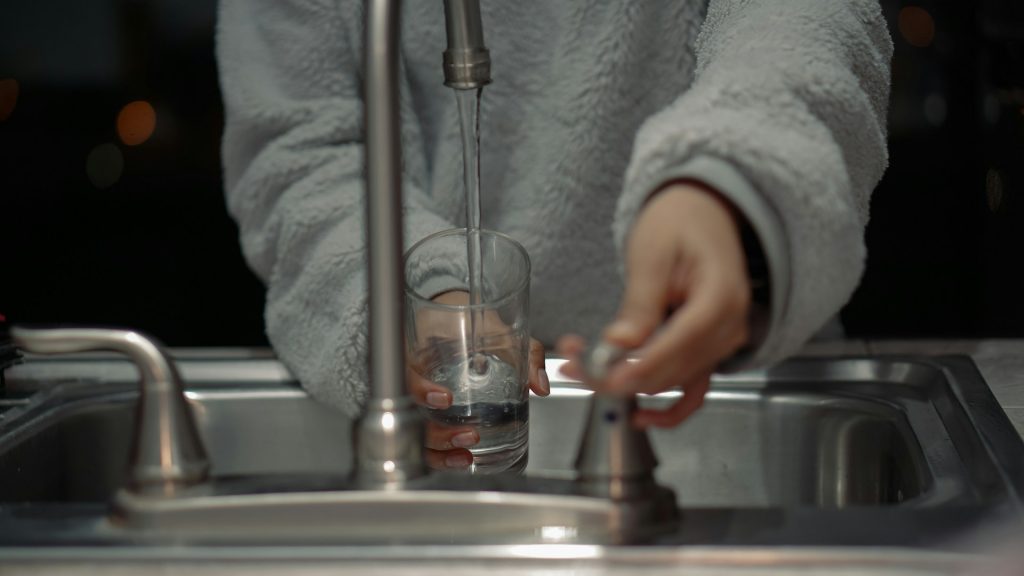
4. Neglecting Proper Storage and Handling
Improper storage of your water testing kit can lead to degraded accuracy over time. Many water testing kits contain chemicals, reagents, or strips that can become ineffective if exposed to heat, humidity, or direct sunlight.
Solution: Store your water testing kit in a cool, dry place, and follow the manufacturer’s recommendations for shelf life. Additionally, handle test strips and reagents carefully to avoid contamination. Proper storage and handling will extend the life of the kit and ensure accurate results when you need them.
5. Relying Only on Online Reviews
While online reviews can provide valuable insights into the effectiveness of a water testing kit, they should never be your sole source of information. Not all reviews are credible, and some may be based on subjective experiences or outdated versions of the product.
Solution: Research the manufacturer’s reputation and look for credible sources of information, such as industry certifications, expert endorsements, and independent product testing results. You can also consult with professionals in the field who can provide reliable recommendations based on your specific water testing needs.
6. Ignoring Maintenance and Replacement Needs
Many water testing kits require periodic maintenance or the replacement of certain components, such as reagents, sensors, or batteries. Neglecting this upkeep can lead to inaccurate readings and may even damage the kit over time.
Solution: Regularly check your kit for required maintenance and replace any worn-out components according to the manufacturer’s recommendations. Keeping your water testing kit in top condition ensures its longevity and helps you achieve accurate results each time.
7. Not Following Instructions Carefully
A common yet avoidable mistake is not reading or following the instructions carefully. Whether it’s not waiting the recommended time for results, misinterpreting color changes on test strips, or not taking a proper sample, overlooking instructions can compromise the accuracy of your water test.
Solution: Always take the time to read the instructions thoroughly before using your water testing kit. Follow each step as outlined, including preparation and timing. For example, if you’re using a test strip, wait the correct amount of time for the color to develop, and ensure you’re testing a properly collected water sample. Proper technique is essential for obtaining reliable and accurate results.
Conclusion

Buying a water testing kit is an important step in ensuring your water is safe and clean, but choosing the wrong kit or using it incorrectly can lead to misleading results. By avoiding the seven common mistakes outlined above, you can select the right water testing kit for your needs and use it properly to monitor water quality with confidence.
At Waterlilly Australia, we pride ourselves on offering high-quality, reliable water testing kits designed to meet the needs of both professionals and homeowners. Whether you’re testing drinking water, swimming pool water, or water from natural sources, our comprehensive kits provide accurate results that help you protect your health and safety.
For more information on selecting the right water testing kit or to explore our range of products, contact us at 02 9798 9975 visit our online page today. We’re committed to providing you with the tools you need to ensure your water quality is at its best.
This entry was posted in Uncategorized and tagged water analysis kit, water testing kit. Bookmark the permalink.
